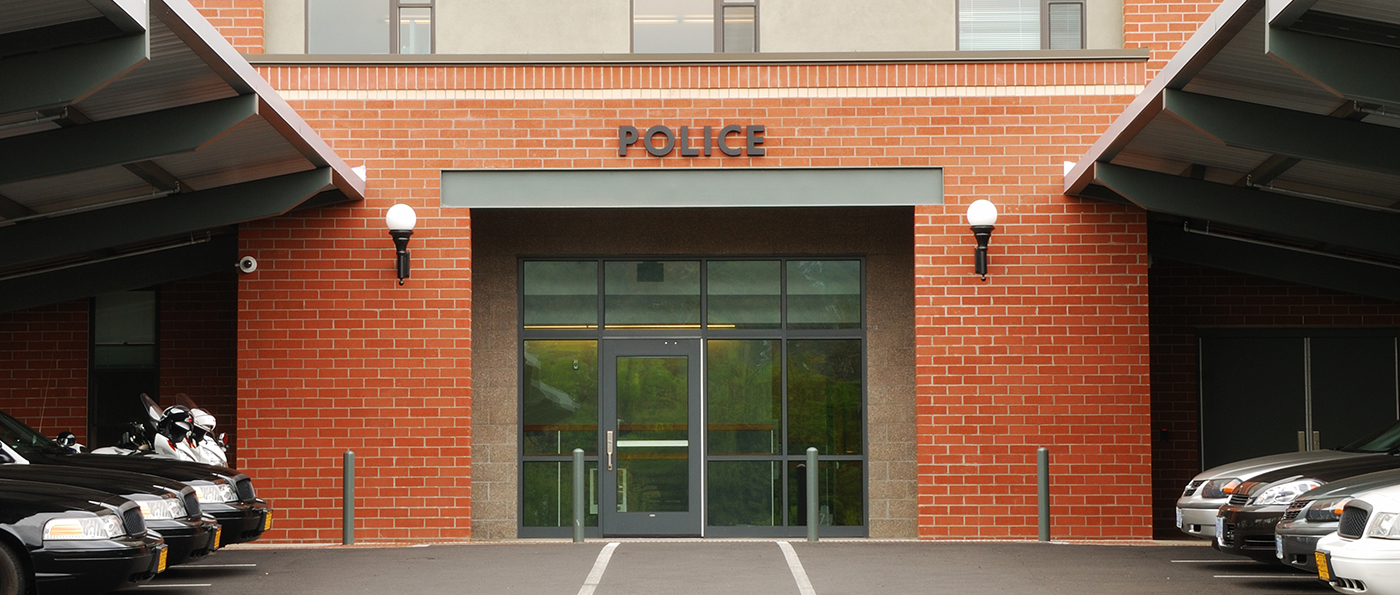A new study discloses that firearm retailers and law enforcement agencies support providing firearm storage to their community.
Temporary firearm storage can be used for several reasons when it’s no longer safe to store firearms at home. This includes when an individual is suicidal or has Alzheimer’s or another dementia; when traveling out of state, hosting visitors or selling a home.
The study, reported recently in Suicide and Life-Threatening Behavior, examined the views and experiences of firearm retailers and law enforcement agencies who might provide or conceptually support voluntary, temporary firearm storage in Colorado and Washington.
The paper was authored by faculty at the University of Colorado Anschutz Medical Campus and the University of Washington School of Medicine.
Provides an additional layer of safety over in-home storage methods
This study comes after Colorado became the first to have an out-of-home gun storage map to link community members and clinicians to off-site storage options during times of crisis. The successful resource was developed in collaboration with a group of gun shop owners, firearms trainers and public health researchers, who share a goal of preventing suicide. Washington and other states are currently developing their own.
“Providing out-of-home firearm storage puts the most time and space between the at-risk person and firearms, providing an additional layer of safety over in-home storage methods of limiting access to the person at risk,” said lead author Emmy Betz, MD, professor in the department of emergency medicine at the University of Colorado School of Medicine and director of the Firearm Injury Prevention Initiative, which is housed in the Colorado School of Public Health – all located on the CU Anschutz Medical Campus
She adds, “It’s important for states to provide temporary out-of-home storage options. So important, that the Biden administration recently cited this as a tool for suicide prevention.”
Liability and trust are two prominent concerns
This recent study, in which researchers interviewed 100 gun storage stakeholders, revealed a consistent desire to provide storage options to communities, including for suicide and injury prevention.
A Washington firearm range and retailer said, “Yes, we sell guns, but we also want to make sure that they're in safe hands.”
It was echoed throughout interviews that trust between firearm storage places and individuals in the community is key. Such as, people need to know temporary gun storage is entirely voluntary and not going to turn into something permanent or involve law enforcement action.
Although participants supported the concept of voluntary, temporary firearm storage, many expressed concerns related to civil liability and legal and practical logistics, including the Bureau of Alcohol, Tobacco, Firearms and Explosives (ATF) requirements for firearm transfers.
The authors mentioned that uptake of temporary, voluntary, out-of-home firearm storage may be limited without addressing these concerns. Some questions include whether background checks are required when returning firearms to owners or whether firearm ranges/retailers can refuse to return firearms to owners when concerns need to be addressed by clarifying current laws or ATF regulations.
Others question the liability after returning a firearm should a subsequent suicide occur. This issue may require new policies. Although this study did not examine feasibility of these solutions, they are critical areas for further investigation that the researcher want examined.


.png)
.jpg)
